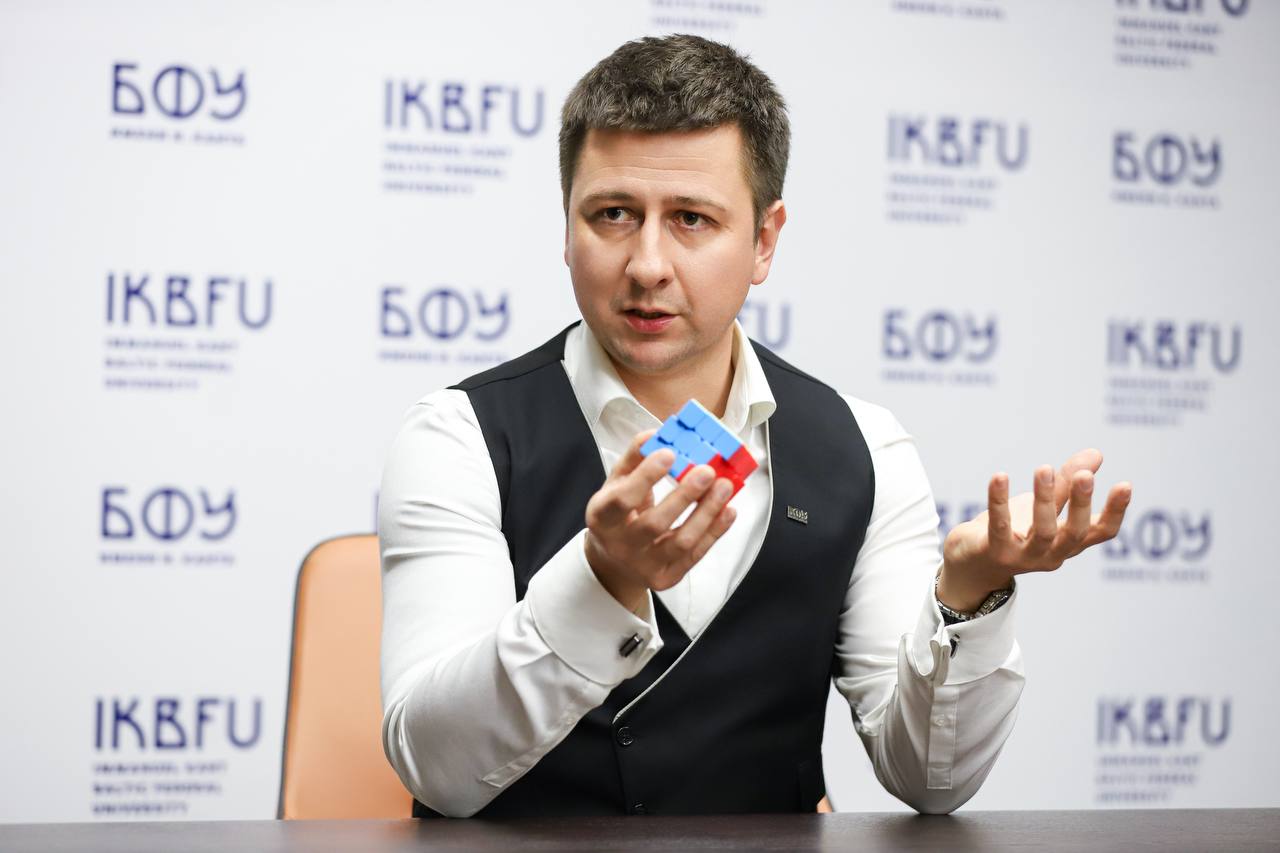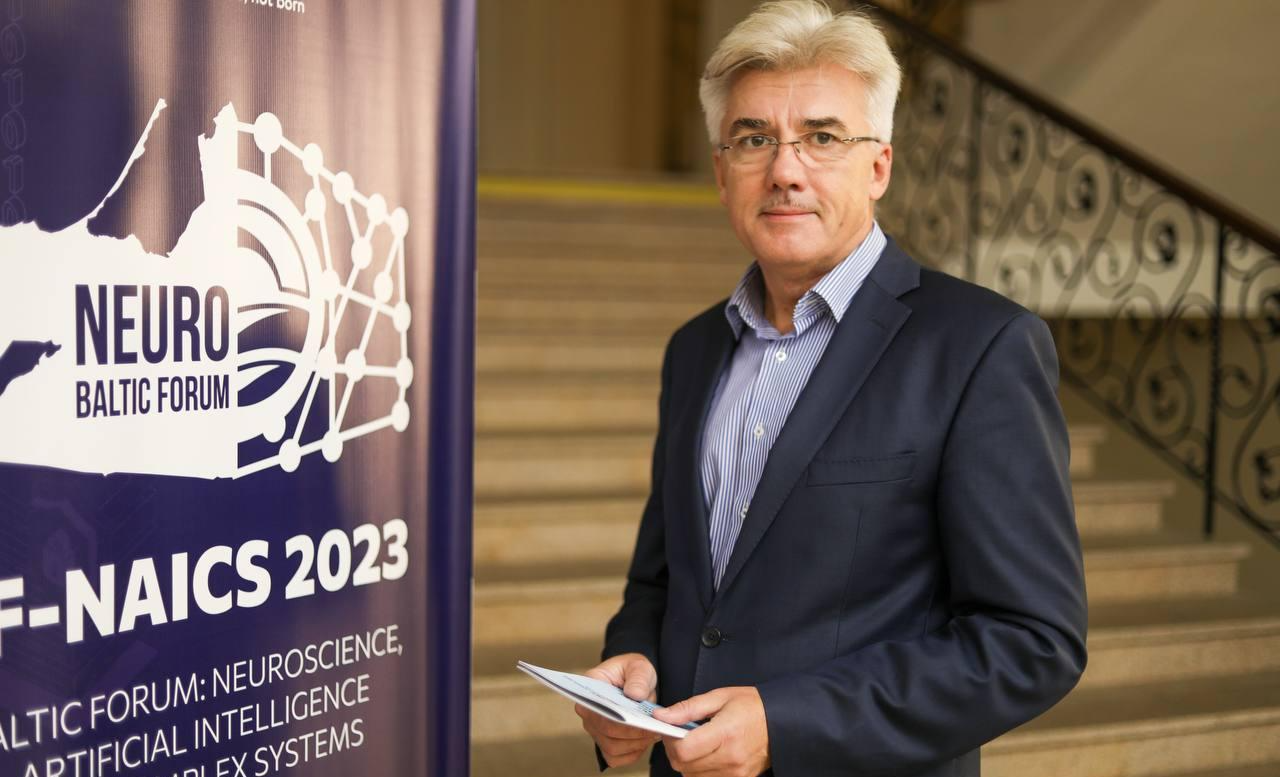
To mark the 5th anniversary of the Priority 2030 program, we gathered views from those behind the technological breakthroughs at IKBFU. What is the hardest part of research? How does teamwork function? Why is interdisciplinarity so crucial? IKBFU researchers share their perspectives. What unites their answers is clear — behind every technological breakthrough stand not only funding and infrastructure, but also personal passion, the overcoming of disciplinary barriers, and desire to make the world a better place.
| Igor Voznyuk, head of the Strategic Technological Project New Health Preservation Technologies, professor: |
| The most challenging — and at the same time, the most valuable — part is finding a common language between a doctor and a programmer. A doctor sees a patient and symptoms; a programmer sees data and algorithms. When our neural network first accurately predicted the effectiveness of rehabilitation loads based on neuro-Doppler data, we realized that the connection had been built. We are creating not just a set of algorithms, but a digital assistant for doctors — one that helps them make decisions in real time. |

| Aleksey Grunin, Young Scientist, Energy Storage Researcher: |
| When laboratory synthesis of a material reaches the stage of testing in an actual battery prototype, it not only changes the level of responsibility but also properly transforms the research process itself. Our work is not aimed at publishing results but at solving a critical national task — import substitution in the field of energy storage. The launch of the pilot industrial reactor we are preparing will be a milestone confirming the viability of the entire technology we’ve developed. |
| Daria Smirnova, Master’s Student in Computational Neuroscience in Biology and Medicine: |
| I’m a biologist, and discovering that I could work with real medical data was a revelation. One of our projects is the smart program Cognitive Profile: Dynamics. Realizing that your code helps assess a person’s cognitive status is incredibly motivating. Studying here is not about listening to lectures — it’s about immersing yourself in a living scientific and clinical process. |
| Nikolai Nagulin, Project Partner, Director of Yusontech LLC: |
| Collaboration with IKBFU is a synergy that delivers tangible results. The university brings strong research capacity and bold ideas, while we, as an industrial partner, help transform these ideas into a complete hardware-software system. For example, our joint transcranial monitoring complex has already passed clinical trials. For us, IKBFU is not just a university — it’s a full-fledged RnD-center with which we create products unparalleled in Russia. |
| Maxim Demin, Rector, Head of the Strategic Project Models of Dynamic Socioeconomic and Geopolitical Systems: |
| The modeling team is a union of “physicists” and “lyricists.” Programmers are sometimes surprised to learn that their code will be used not to analyze physical laws, but, for instance, narratives in the media space — while political scientists learn to formulate hypotheses that can be tested through digital data. Developing the Periscope-R platform is like assembling a complex puzzle from fragmented data. When you see your model predicting a new regional challenge, you realize your work directly contributes to national security. |
User profile for student
User profile for student
I give consent to the processing of the personal data provided, with Personal Data Processing Policy acquainted
Confirm consent